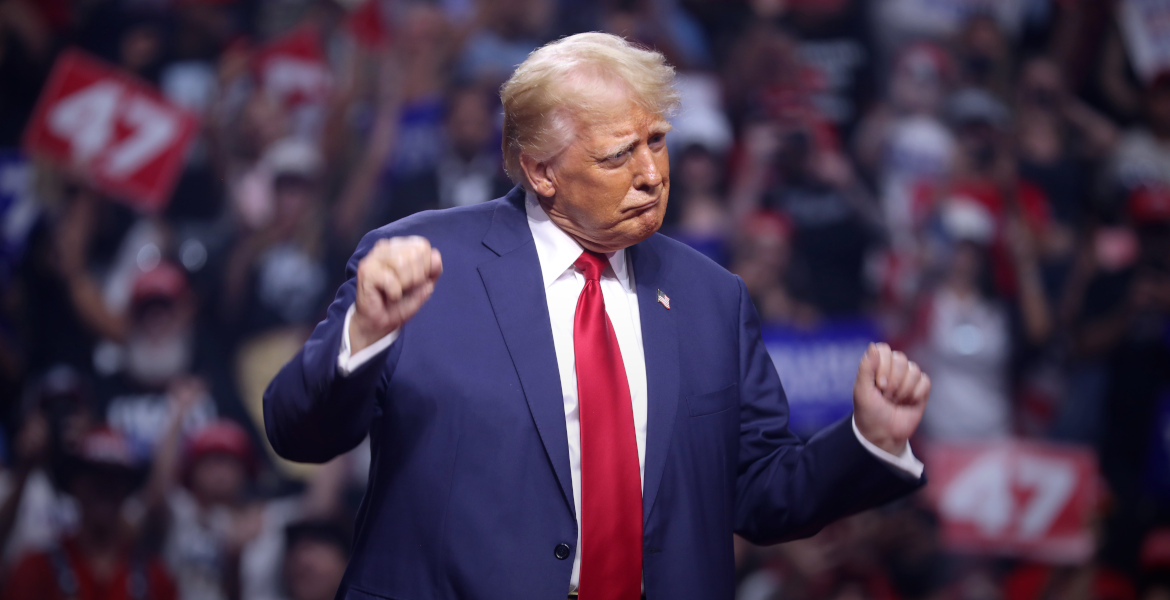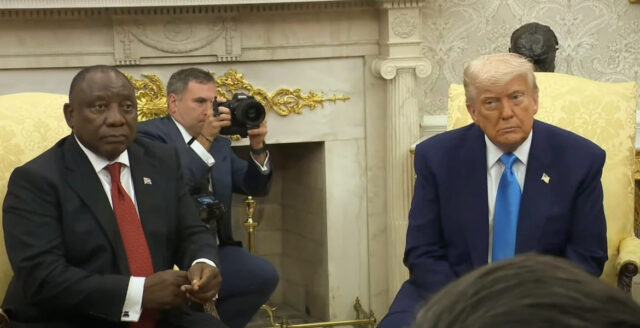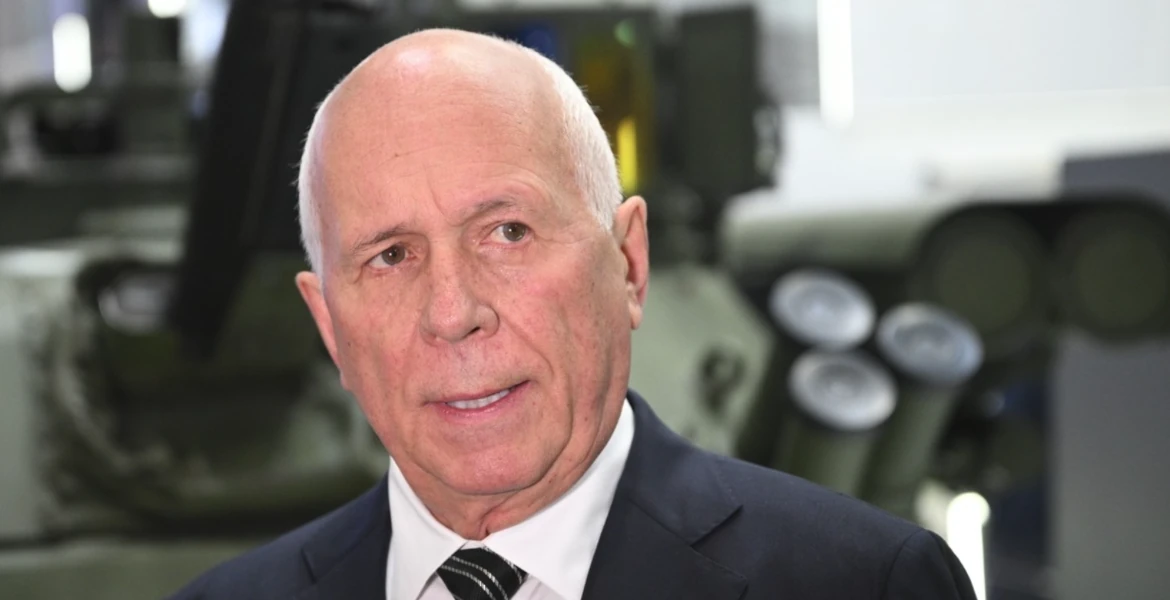Hong Kong is mourning the victims of its worst fire in nearly 80 years. At least 128 people have died in the blaze that ravaged a high-rise complex under renovation, but the death toll is expected to rise significantly. Eleven people have been arrested on suspicion of corruption and use of flammable materials, among other charges.
The rescue operation at the Wang Fuk Court complex in the Tai Po district, near the border with mainland China, concluded on Friday. However, police warn that more bodies may be found as they continue to search through the burned-out buildings in the coming weeks.
The number of missing persons has been revised down from 200 to 150 after some relatives managed to reunite with loved ones they had initially reported as missing.
Spread rapidly through the buildings
The fire started on Wednesday afternoon and spread rapidly through seven of the complex's eight 32-story buildings. The structures were clad in bamboo scaffolding with green mesh netting and foam insulation in preparation for renovation work.
Hong Kong's anti-corruption agency ICAC reports that three additional people have been arrested. The three, aged 52 to 68, were responsible for overseeing the contractor carrying out the renovation work at the complex. A total of 14 people have now been arrested in the investigation.
Authorities have confirmed that the fire alarms at Wang Fuk Court, which is home to over 4,600 people, were not functioning properly at the time of the fire.
Mainland China ordered a nationwide inspection of fire risks in high-rise buildings on Saturday, particularly residential buildings undergoing renovation.
Foreign workers among the victims
Among the victims are domestic helpers from Indonesia and the Philippines. Hong Kong has approximately 368,000 such workers, mainly women from low-income Asian countries who live with their employers, often in cramped conditions.
Indonesia has confirmed that seven of its citizens died in the fire. The Philippines reports that one citizen is critically injured and another is confirmed missing, while 28 are believed to reside in the area but cannot be located.
Worst fire since 1948
The fire is Hong Kong's deadliest since 1948, when 176 people died in a warehouse fire. The disaster has drawn comparisons to the Grenfell Tower fire in London in 2017, where 72 people died.
Residents of Wang Fuk Court were told by authorities last year that they faced "relatively low fire risks" after complaining about the fire hazard posed by the renovation, according to the city's Labour Department.
Residents raised their concerns in September 2024, including about the potential fire hazard of the protective green mesh netting that contractors used to cover the bamboo scaffolding.
Hong Kong's Buildings Department halted all work on Saturday at 28 projects managed by Prestige Construction, the company identified by the government as responsible for maintenance at Wang Fuk Court for over a year.
"Our deepest thoughts are with all those who have lost loved ones and with those now living in shock and uncertainty," said Britain's King Charles in a statement about the "terrible tragedy."
A spokesperson from China's national security office in Hong Kong said on Saturday that the office supports the city government in severely punishing anyone who uses the disaster to disrupt Hong Kong.





